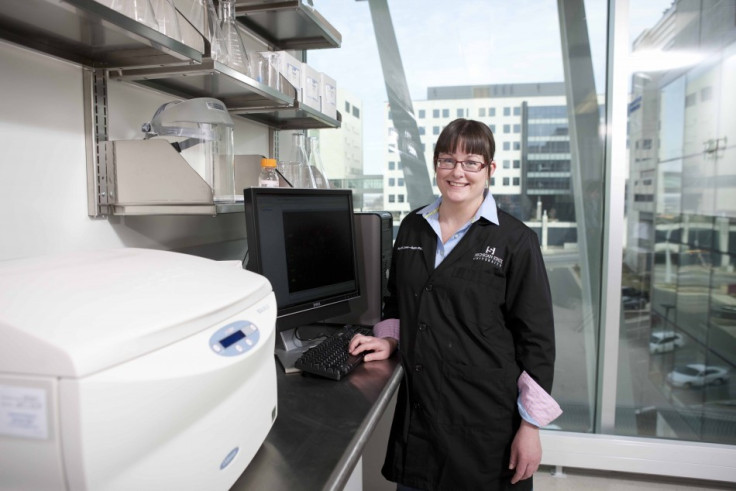Treatment Hope for Suicidal Behaviour as Brain Imbalance Identified

Suicidal people have a chemical imbalance in their brains, scientists have proved.
Researchers have found that glutamate is linked with suicidal behaviour, leading to new hopes of a treatment before people take their own lives.
Lena Brundin, from Michigan State University, has found the first evidence to show glutamate - an amino acid that sends signals between nerve cells - is more active in the brains of people who attempt suicide.
It has long been thought that glutamate may be one of the chemical causes of depression.
Researchers examined glutamate activity by looking at the levels of quinolinic acid, which controls a chemical switch to make glutamate send more signals to nearby cells.
They examined 100 patients in Sweden. Two-thirds had been admitted after attempting suicide and the remainder were healthy.
Results showed that quinolinic acid levels were twice as high in people who had tried to take their own lives than healthy people.
Brundin said: "The findings are important because they show a mechanism of disease in patients.
Brain inflamation suicide risk factor
"There's been a lot of focus on another neurotransmitter called serotonin for about 40 years now. The conclusion from our paper is that we need to turn some of that focus to glutamate."
Findings also showed that people with the strongest desire to kill themselves had the highest levels of acid.
When the patients returned six months later, after their suicidal behaviour had ended, their acid levels returned to the levels dropped.
These findings support earlier theories that inflammation in the brain is a risk factor in suicide, as the body produces quinolinic acid as part of the immune system respond and creates inflammation.
Brundin said the development of anti-glutamate drugs could soon offer a tool to prevent suicide. Until then, she suggested doctors should be aware that brain inflammation is a trigger for suicidal behaviour.
"In the future, it's likely that blood samples from suicidal and depressive patients will be screened for inflammation," she said.
"It is important that primary health care physicians and psychiatrists work closely together on this."
The Samaritans say that people feeling distressed who feel the need to talk to somebody should call them on 08457 90 90 90 or email jo@samaritans.org
© Copyright IBTimes 2025. All rights reserved.






















